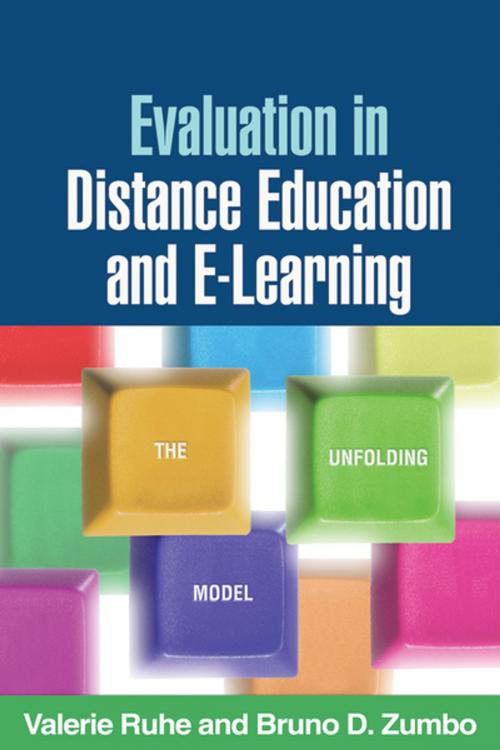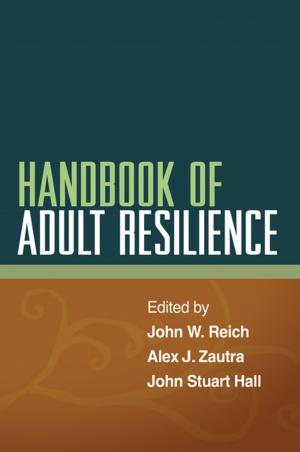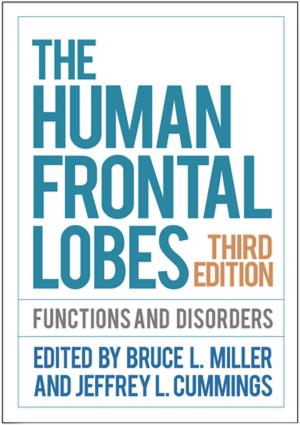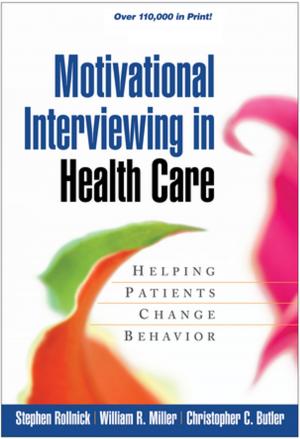Evaluation in Distance Education and E-Learning
The Unfolding Model
Nonfiction, Reference & Language, Education & Teaching, Educational Theory, Evaluation, Health & Well Being, Psychology, Research| Author: | Valerie Ruhe, PhD, Bruno D. Zumbo, PhD | ISBN: | 9781606237953 |
| Publisher: | Guilford Publications | Publication: | December 4, 2008 |
| Imprint: | The Guilford Press | Language: | English |
| Author: | Valerie Ruhe, PhD, Bruno D. Zumbo, PhD |
| ISBN: | 9781606237953 |
| Publisher: | Guilford Publications |
| Publication: | December 4, 2008 |
| Imprint: | The Guilford Press |
| Language: | English |
With the rapid proliferation of distance education and e-learning courses, the need is growing for a comprehensive, professional approach to evaluating their effectiveness. This indispensable book offers a road map to guide evaluation practice in these innovative learning environments. Providing practical, step-by-step guidelines and tools for conducting evaluation studies—including how to deal with stakeholders, develop surveys and interview protocols, collect other scientific evidence, and analyze and blend mixed-methods data—the work also features a template for writing high-quality reports. The "unfolding model" developed by the authors draws on Messick's influential assessment framework and applies it to program evaluation. Two case studies of actual programs (a distance learning course and an e-learning course) demonstrate the unfolding model in action.
With the rapid proliferation of distance education and e-learning courses, the need is growing for a comprehensive, professional approach to evaluating their effectiveness. This indispensable book offers a road map to guide evaluation practice in these innovative learning environments. Providing practical, step-by-step guidelines and tools for conducting evaluation studies—including how to deal with stakeholders, develop surveys and interview protocols, collect other scientific evidence, and analyze and blend mixed-methods data—the work also features a template for writing high-quality reports. The "unfolding model" developed by the authors draws on Messick's influential assessment framework and applies it to program evaluation. Two case studies of actual programs (a distance learning course and an e-learning course) demonstrate the unfolding model in action.















